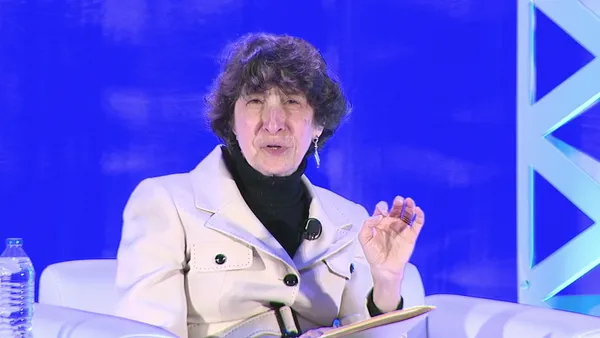Dive Brief:
- Full-time presence at work is not necessarily an essential job function under the Americans with Disabilities Act (ADA) for an HR generalist, the 6th U.S. Circuit Court of Appeals has said (Hostettler v. The College of Wooster, No. 17-3406 (6th Cir., July 17, 2018)).
- Following maternity leave, Heidi Hostettler returned to work at the College of Wooster on a part-time basis as part of a temporary arrangement to accommodate postpartum depression and separation anxiety. After several weeks, she was unable to return to her full-time schedule; she requested that her accommodation be extended but the employer fired her. She sued and a district court granted Wooster summary judgment, finding that Hostettler was unable to meet an essential function of the job: full-time work.
- On appeal, the 6th Circuit said that although regular, in-person attendance is an essential function of most jobs, it is not unconditionally so; as a result, courts must perform a fact-intensive analysis of the issue. And although the employer’s judgment receives some weight in this analysis, the court said, “it is not the end-all — especially when an employee puts forth competing evidence."
Dive Insight:
The ADA requires that employers provide reasonable accommodation to allow workers with disabilities to perform the essential functions of their jobs. This can include removing marginal functions, but never requires an employer to remove an essential function.
As a result, employers have spent much time arguing that attendance is an essential function, with mixed success. Courts tend to give significant weight to the employer's assessment of which functions are essential but as Hostettler shows, it's not the only factor.
The 6th Circuit alone has a number of recent cases that illustrate the fact-specific nature of ADA claims. In 2015, the court held in EEOC v. Ford Motor Company that telecommuting wasn’t a reasonable accommodation for an employee because the employer showed that regular and predictable on-site attendance was an essential function of her job.
In Ford, the Hostettler court noted, the employer's evidence clearly showed not only that specific aspects of the plaintiff’s job generally could not be done remotely, but also that the plaintiff had failed to complete her work in previous telework situations.
The Hostettler court also noted that case presented a similar situation to Mosby-Meachem v. Memphis Light, Gas & Water Division in which it found evidence that the plaintiff could complete all of her essential functions working remotely for 10 weeks. In Mosby-Meachem, these factual disputes precluded judgment as a matter of law; “So, too, here,” the Hostettler court said, noting that Hostettler had received a good review during her part-time work schedule and that a colleague agreed that Hostettler could do much of the work from home.













